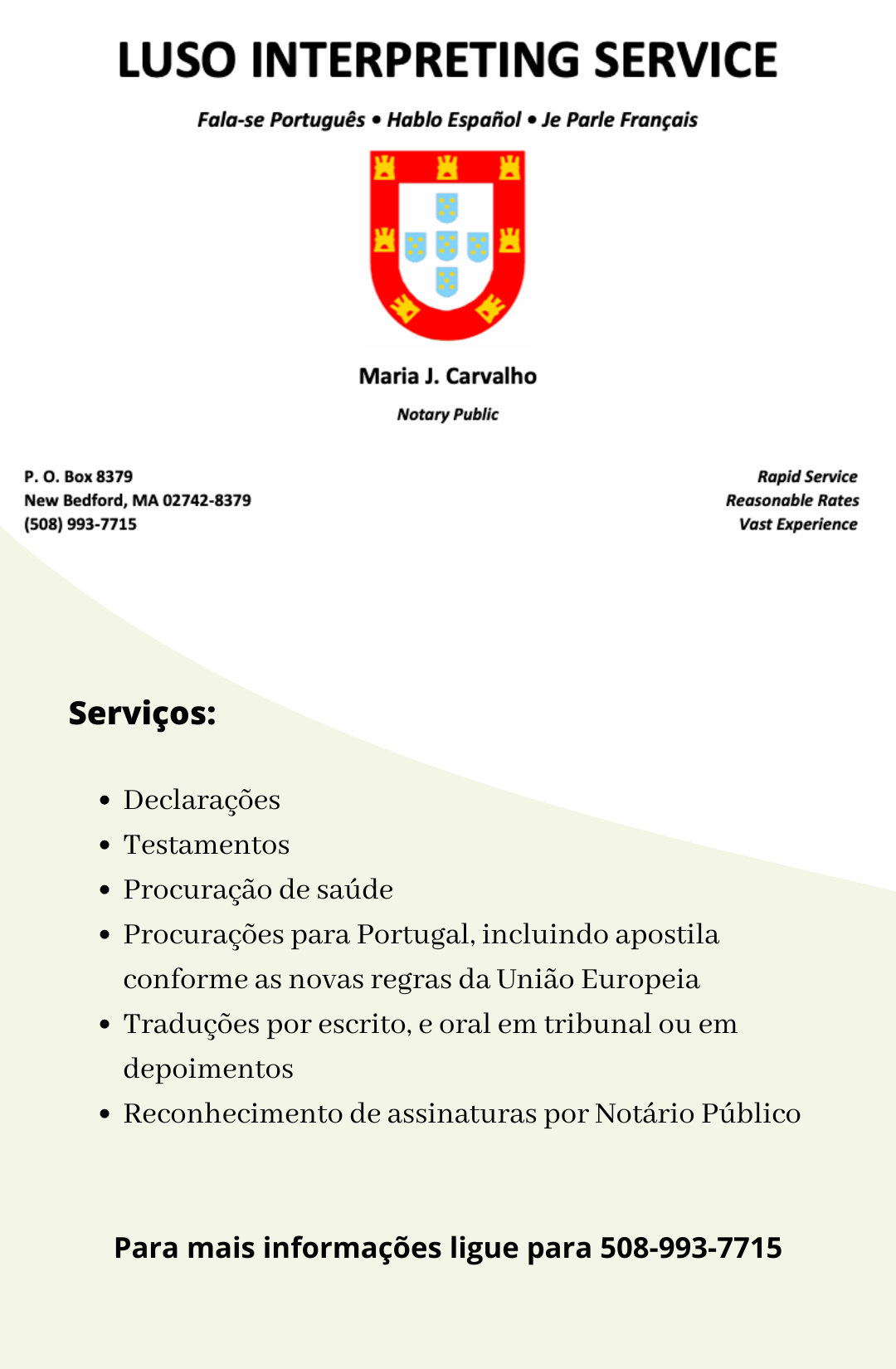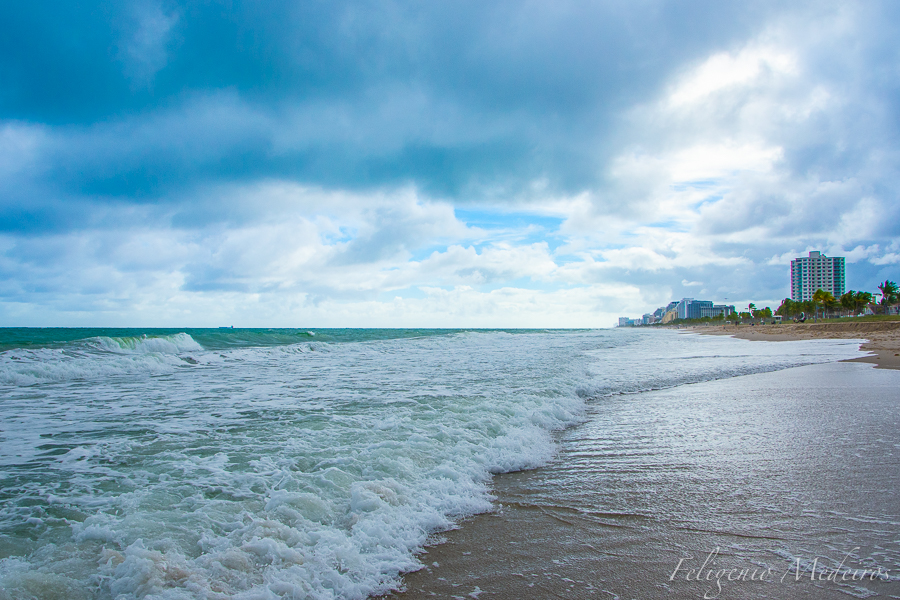Los Angeles, United States, Jan 27, 2023 (Lusa) – The Portuguese-origin community in Florida, one of the states that is growing most in attracting Portuguese-Americans, “has a lot of youth now,” said the Portuguese emigrant and director of Radio Portugal Florida, in a session on the diaspora in the United States.
“That theory of them being only retirees here has changed dramatically,” said Augusto Costa, who arrived in the state in 2002. There are an estimated 80,000 people of Portuguese origin in this state.
“Since I’ve been here five schools have been built, three of them primary,” he explained, noting that the average age of Portuguese-Americans is thirty. “Here, the community is no longer just retirees,” he reiterated.
Augusto Costa was referring specifically to the community in Palm Coast, one of the cities that has grown the most as a hub for the Portuguese diaspora. The local Portuguese-American club was created in 1987 and is now an important cultural center that includes a Portuguese school.
“We at the club used to have a party with 60 people and if we had 30 Portuguese people it would be a lot. The community was small,” he recalled. “But behind some people come others and today the community here in Palm Coast is big.
The Portuguese-American was speaking at the first session of the third season of the “Our Voices” initiative, a series of Portuguese language programs about the diaspora in the United States.
One of the topics under discussion was the future of the associative movement and the role of Portuguese-American youth, who are now changing the face of these communities. Augusto Costa warned about a potential lack of continuity.
“These young people stay in Portuguese schools because their parents want them to, but later on they totally disconnect and get more involved in the American community,” he said. “Many of these young people can’t even speak Portuguese anymore,” he continued. “I don’t see the youth very involved in the Portuguese community or listening to the radio,” he said.
With continuous broadcasts of Portuguese music, Radio Portugal Florida has a main program on Saturday, “Contacto com o Ouvinte” (Contact with the Listener), hosted by Augusto Costa, António Costa and Tekas Azevedo, in Portuguese.
Another relevant program is broadcast on Fridays with discussions about soccer. The audience is mainly people aged 50 and up, and the commercials during the breaks are also spoken in Portuguese.
One of the hypotheses raised by Augusto Costa is to make broadcasts in English, in order to reach more listeners – including Portuguese-American youth who may have difficulties with the Portuguese language. “Most of the Portuguese in Florida come from other states, not from Portugal. And most of them understand English,” the radio host said.
Costa stressed, on the other hand, that it is important to encourage the use of the language, even with mistakes.
“People when they don’t speak good Portuguese, the Portuguese themselves criticize,” he pointed out. “A child who was born here and kicks two kicks at Portuguese grammar is better than not speaking at all,” he argued.
The series “Our Voices” is organized by the Portuguese American Leadership Council (PALCUS) in partnership with the Portuguese Border-Breaking Institute (PBBI).
Artigo em Português
Comunidade de origem portuguesa na Florida “tem agora muita juventude”
Los Angeles, Estados Unidos, 27 jan 2023 (Lusa) – A comunidade de origem portuguesa na Florida, um dos estados que está a crescer mais na atração de luso-americanos, “tem agora muita juventude”, disse o emigrante português e diretor da Rádio Portugal Florida, numa sessão sobre a diáspora nos Estados Unidos.
“Essa teoria de serem só reformados aqui mudou drasticamente”, afirmou Augusto Costa, que chegou ao estado em 2002. Estima-se que haja cerca de 80 mil pessoas de origem portuguesa neste estado.
“Desde que estou aqui foram construídas cinco escolas, três delas primárias”, explicou, referindo que a média de idades dos luso-americanos é de trinta anos. “Aqui, a comunidade já não é só reformados”, reiterou.
Augusto Costa referia-se especificamente à comunidade em Palm Coast, uma das cidades que mais tem crescido como polo para a diáspora portuguesa. O clube luso-americano local foi criado em 1987, sendo agora um centro cultural importante que inclui uma escola portuguesa.
“Nós no clube fazíamos uma festa com 60 pessoas e se tivéssemos 30 portugueses eram muitos. A comunidade era pequena”, lembrou. “Mas atrás de uns vêm outros e hoje em dia a comunidade aqui em Palm Coast é grande”, sublinhou.
O luso-americano falava na primeira sessão da terceira temporada da iniciativa “As Nossas Vozes”, uma série de programas em língua portuguesa sobre a diáspora nos Estados Unidos.
Um dos pontos em discussão foi o futuro do movimento associativo e o papel da juventude luso-americana, que está agora a mudar a face destas comunidades. Augusto Costa alertou para uma potencial falta de continuidade.

“Esta juventude fica na escola portuguesa porque os pais querem, mas mais tarde desligam-se totalmente e envolvem-se mais na comunidade americana”, referiu. “Muitos destes jovens já nem português sabem falar”, continuou. “Não vejo a juventude muito envolvida com a comunidade portuguesa nem a ouvir rádio”, afirmou.
Com emissões contínuas de música portuguesa, a Rádio Portugal Florida tem um programa principal ao sábado, “Contacto com o Ouvinte”, apresentado por Augusto Costa, António Costa e Tekas Azevedo, em língua portuguesa.
Outro programa relevante é emitido à sexta-feira com discussões sobre futebol. A audiência é sobretudo composta por pessoas dos 50 anos para cima e os anúncios nos intervalos da emissão também são falados em português.
Uma das hipóteses levantadas por Augusto Costa é fazer emissões em inglês, de forma a chegar a mais ouvintes – incluindo a juventude luso-americana que pode ter dificuldades com a língua portuguesa. “A maioria dos portugueses na Florida vieram de outros estados, não vieram de Portugal. E a maioria entende inglês”, referiu o radialista.
Costa sublinhou, por outro lado, que é importante fomentar o uso da língua, mesmo com erros.
“As pessoas quando não falam bom português, o próprio português critica”, apontou. “Uma criança que nasceu aqui e dá dois pontapés na gramática portuguesa é melhor que não falar nada”, defendeu.
A série “As Nossas Vozes” é organizada pelo Conselho de Liderança Luso-Americano (PALCUS) em parceria com o Instituto Português Além-Fronteiras (PBBI, na sigla inglesa).




